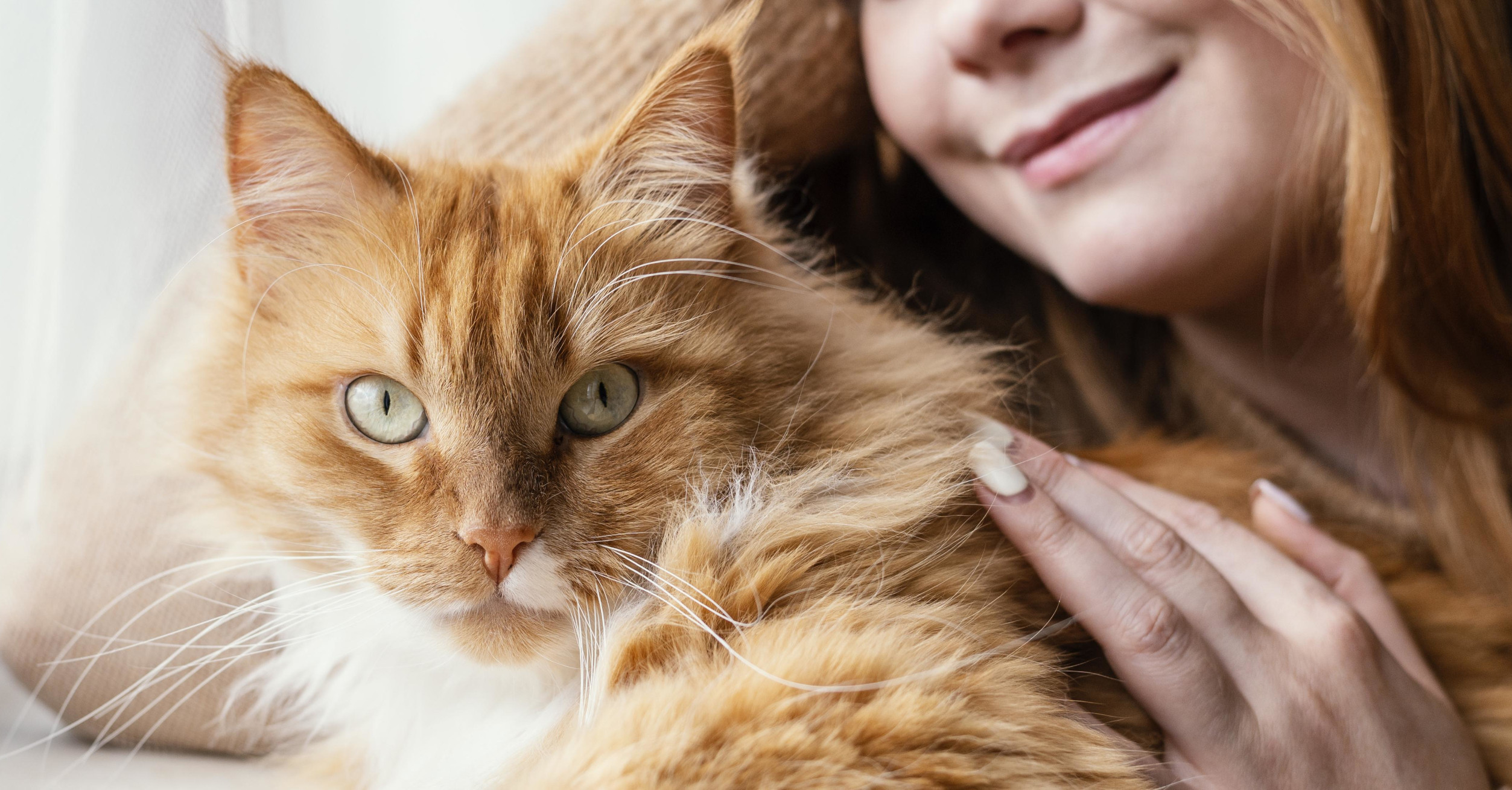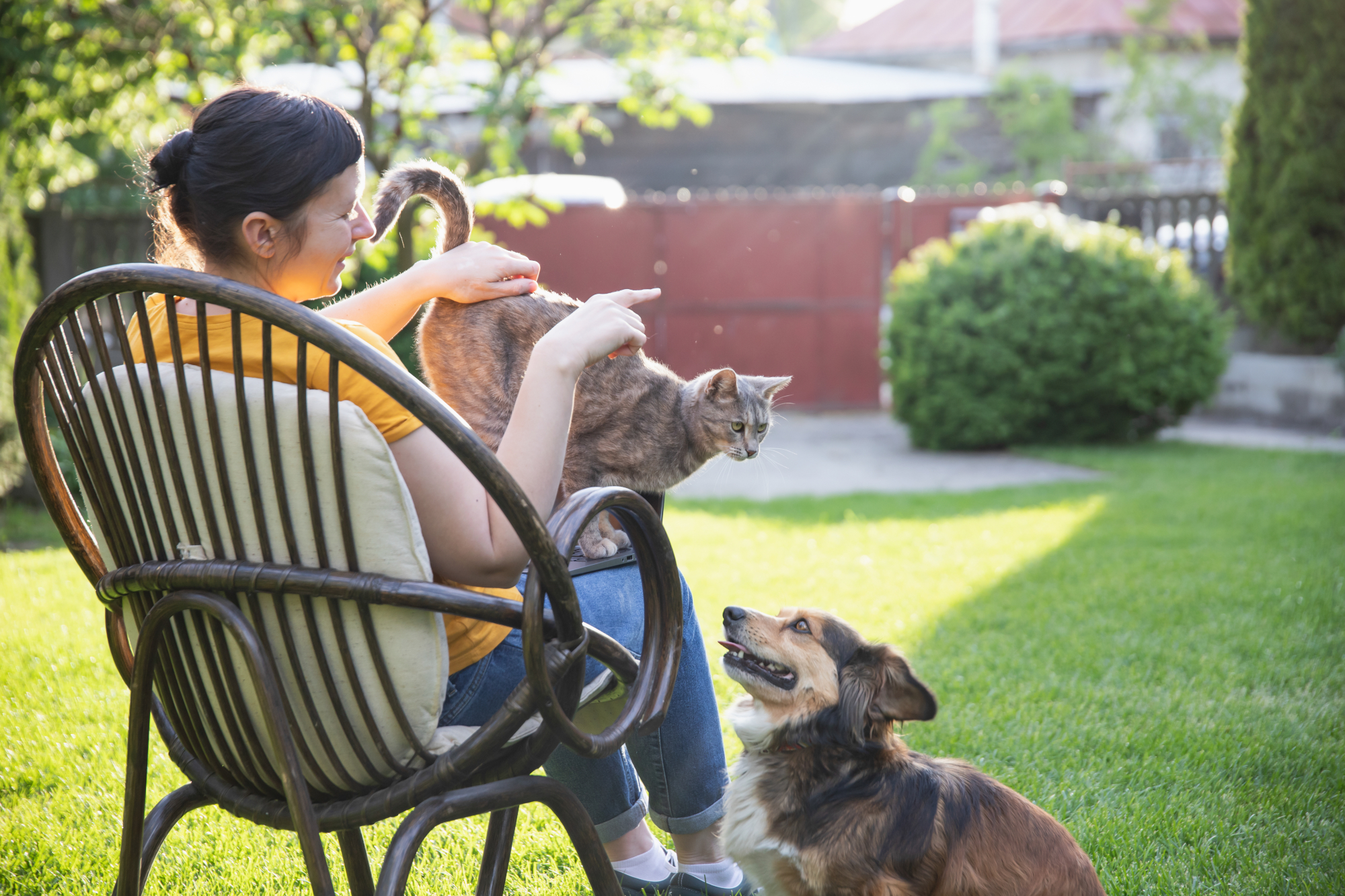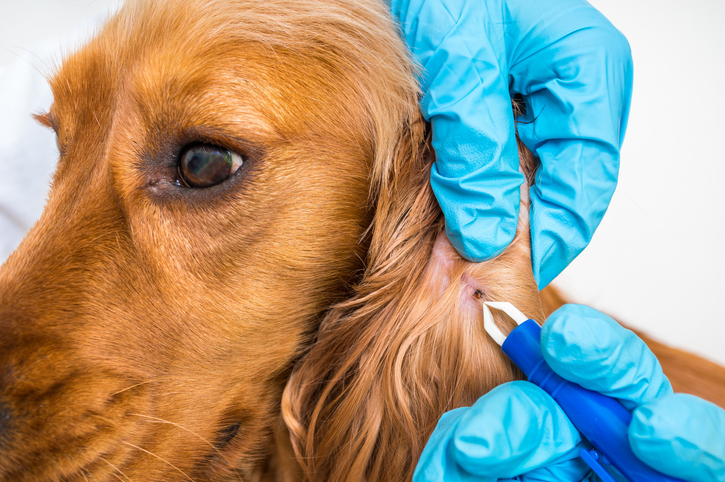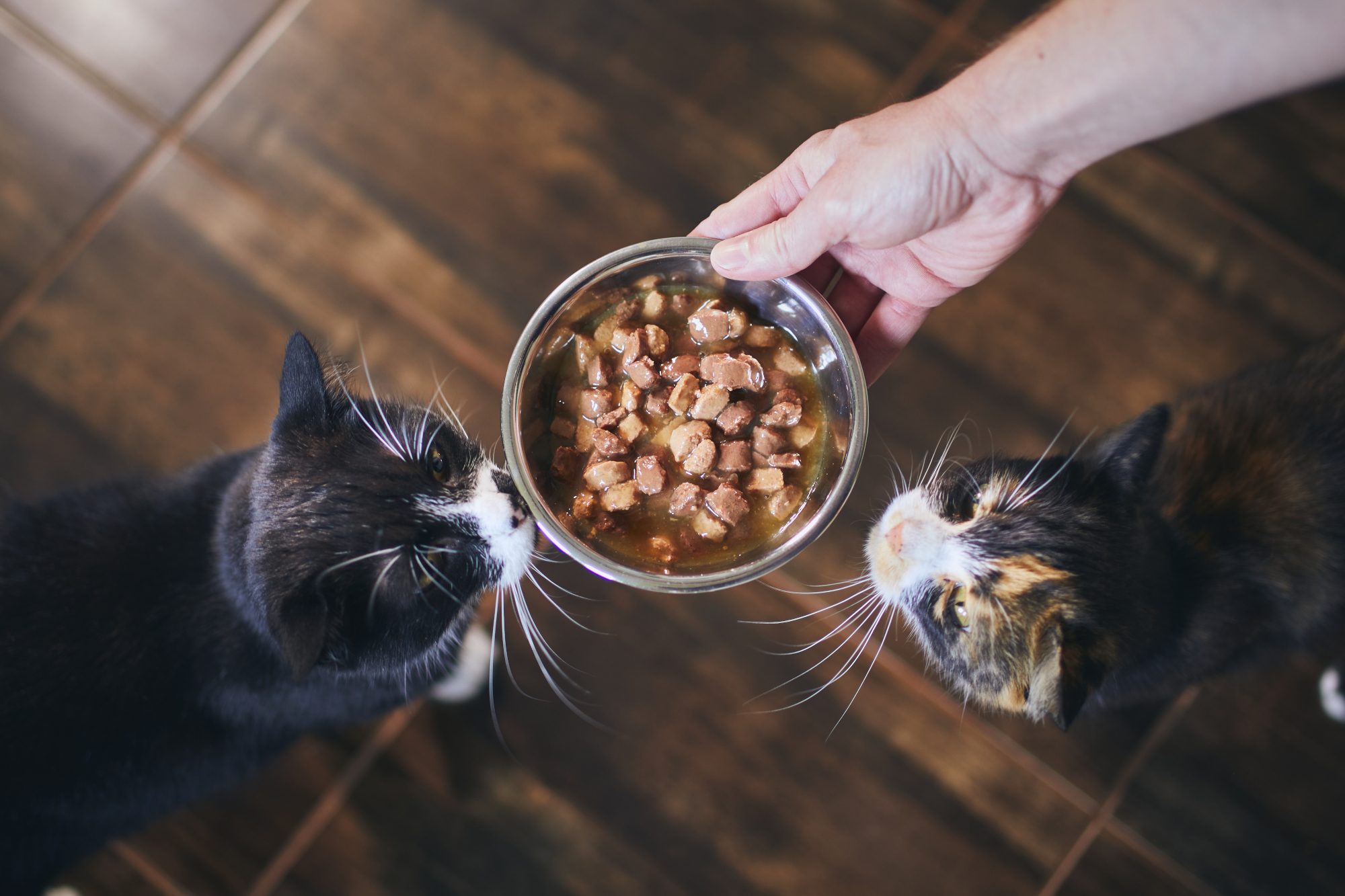For millennia, cats and humans have shared a deep bond of companionship. If you’re a cat owner, you already know how much love and joy a furry feline friend can bring, and you know just how happy you make your pet as well.
With this in mind, it’s vital that you consider care for your cat as they get on in years. While many senior cats still have a love for play, a need for affection, and a deep bond with their people, certain aspects can change a lot as your cat gets older.
Naturally, you want to do everything you can to ensure the health and well-being of your senior cat. The best way to do this is with regular visits with a trusted veterinarian, who will be able to check your cat for any number of potential warning signs of health issues. In this guide, we’ll go over some of the top things your vet needs to be looking for in your senior cat, and why this approach to care is so important.
What Changes as Your Cat Ages?
As with people and all other animals, old age brings about a number of changes for cats. While no two cats will have the same experience as they age, there are a number of common transformations you should expect and prepare for. These can include:
- Decreased sense of smell and taste, leading to less food intake
- Decreased thirst sensitivity, leading to less water intake
- Decreased muscle and bone mass
- Gradually impaired hearing and vision
- Lowered immune response, making them more vulnerable to sickness or infection
- Reduced digestive ability
- Thinning skin and loss of skin elasticity
- Cognitive decline, possibly causing unusual sleep routines or other unusual behaviour
It’s important to remember that cats have a natural instinct to hide when they’re feeling sick or otherwise unwell. While there are ways to keep a close eye on your cat’s health from home, this article will focus on the main concerns your veterinarian will be checking for when examining your senior cat.
Dental Disease
Dental disease is by far the most common concern faced by senior cats and their owners. It’s not at all unusual for aging cats to experience dental disease symptoms, such as abnormal growths in the mouth or reddening/bleeding in the gums. Other symptoms can include halitosis (bad breath), drooling, chattering jaw, loss of appetite, or pawing at the mouth.
During the examination, your veterinarian will examine your cat’s mouth and check for tartar and plaque around the teeth, gingivitis around the gums, and inflammation around the teeth themselves. Catching even the earliest signs of dental disease can save your cat from unnecessary discomfort. Depending on the situation, your cat may need a simple dental cleaning, or they perhaps need something more involved like a tooth extraction. Taking steps early on to prevent and treat dental disease will reduce the risk of more serious infections.
Joint Pain (Possible Osteoarthritis)
Like with humans, it’s common for older cats to begin to have joint pain from wear and tear on the tissues. At home, you may notice your cat hesitating or refusing to make jumps they would normally do. They may seem uninterested in climbing stairs, or have to favour one side of their body in order to do it.
Your veterinarian may be able to diagnose your senior cat with osteoarthritis, or OA, by performing a physical examination. This includes observation of the cat, touching of the joints to locate pain, and possibly with medical imaging techniques like X-ray. All of these can be used to identify OA earlier on, preventing unnecessary pain and further damage to the joints.
From here, your vet will make recommendations for nutritional changes, home adaptations, physical therapy, and/or pain medications. While OA can’t be cured, it can be treated and managed to help your cat feel as comfortable as possible.
Kidney Disease
As time goes on, some vital organs are placed under excess strain. This includes the kidneys, which are responsible for filtering waste from the body. Over time, various kinds of diseases can set into the kidneys. Depending on the disease in question, these can pose a high risk to your senior cat’s well-being.
The best way to detect kidney disease in a senior cat is through bloodwork and urinalysis, which your vet should be doing as part of your cat’s regular examination. By looking at the different kidney markers found in the blood and urine, your vet will be able to accurately diagnose your cat. If your senior cat has a type of kidney disease, it’s vital to start treatment promptly. This usually consists of nutrition, hydration, and certain prescriptions. Your vet will provide you with a treatment plan to help keep your cat healthy.
Hyperthyroidism
Hyperthyroidism is indicated by increased production of thyroid hormones. It’s most common in middle-aged and older cats, and usually results in weight loss, increased energy, increased appetite, and increased thirst. Over time, this hormonal imbalance can lead to issues with other parts of your cat’s body, so proper diagnosis and treatment are essential.
During the examination, your vet will first check your cat’s neck visually and by touch, checking for the telltale enlarged thyroid gland that indicates hyperthyroidism. If they suspect there’s a problem, your vet might order a blood chemistry panel to check the levels of thyroid hormones in the bloodstream. Treatment ranges depending on the case and severity—it may include dietary therapy, medication, radioactive iodine therapy, or possibly surgery.
Vision Loss
The last thing your vet should be checking for in your older cat’s exam is their vision health. Cats depend on their eyes, but just like us, their vision can degrade as they age. This can be due to a number of reasons (including secondary effects from other diseases), but two common causes are cataracts and glaucoma—these conditions can also affect humans.
In the examination, your vet will run a number of tests to check your cat’s eye health. They help your veterinarian determine whether or not your cat is dealing with any vision health problems. Treatment can vary greatly for eye health concerns. Your vet will have recommendations based on your senior cat’s exact situation.
As you can see, there’s a myriad of potential concerns for senior cat owners to be aware of. However, with the right veterinary care in your corner, you don’t have to worry about your older cat’s health too much.
Creative Commons Attribution: Permission is granted to repost this article in its entirety with credit to Hastings Veterinary Hospital and a clickable link back to this page.






